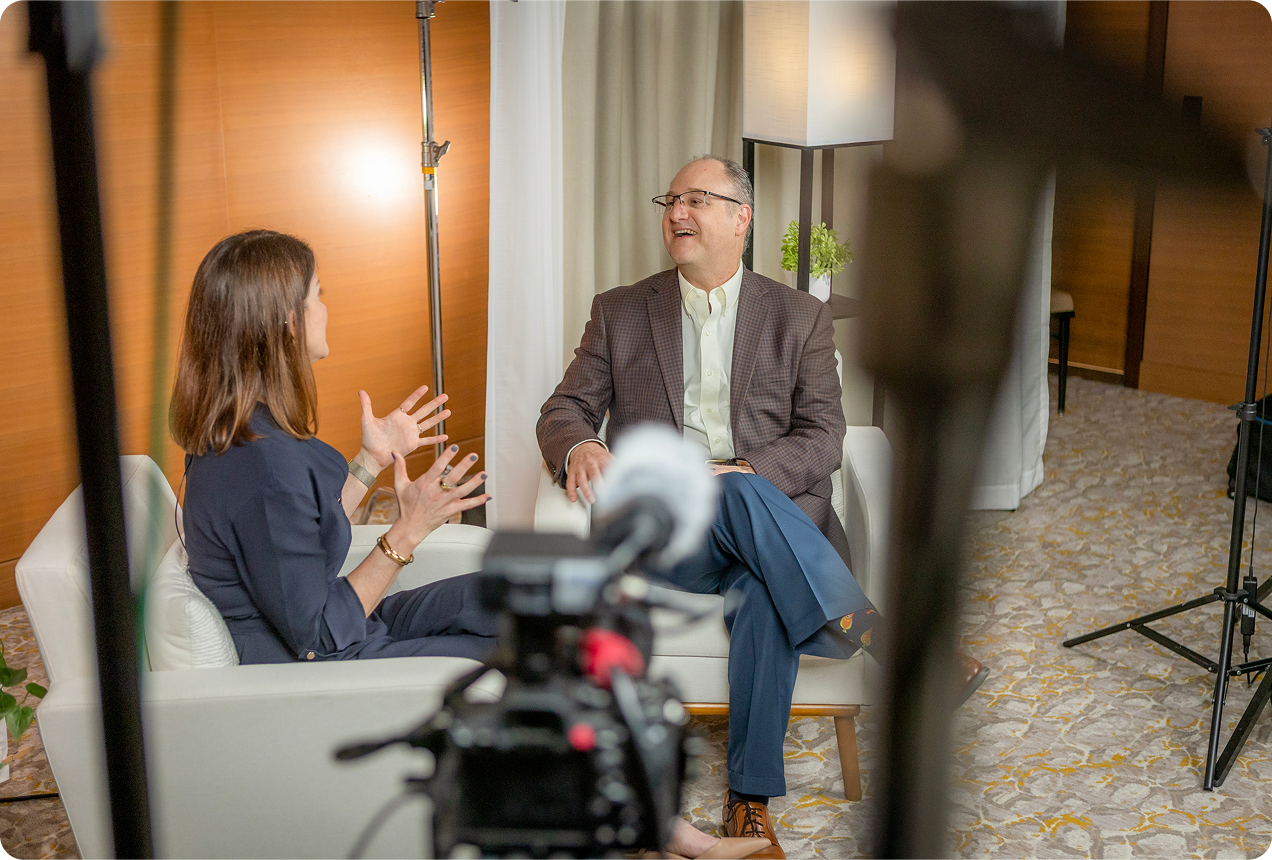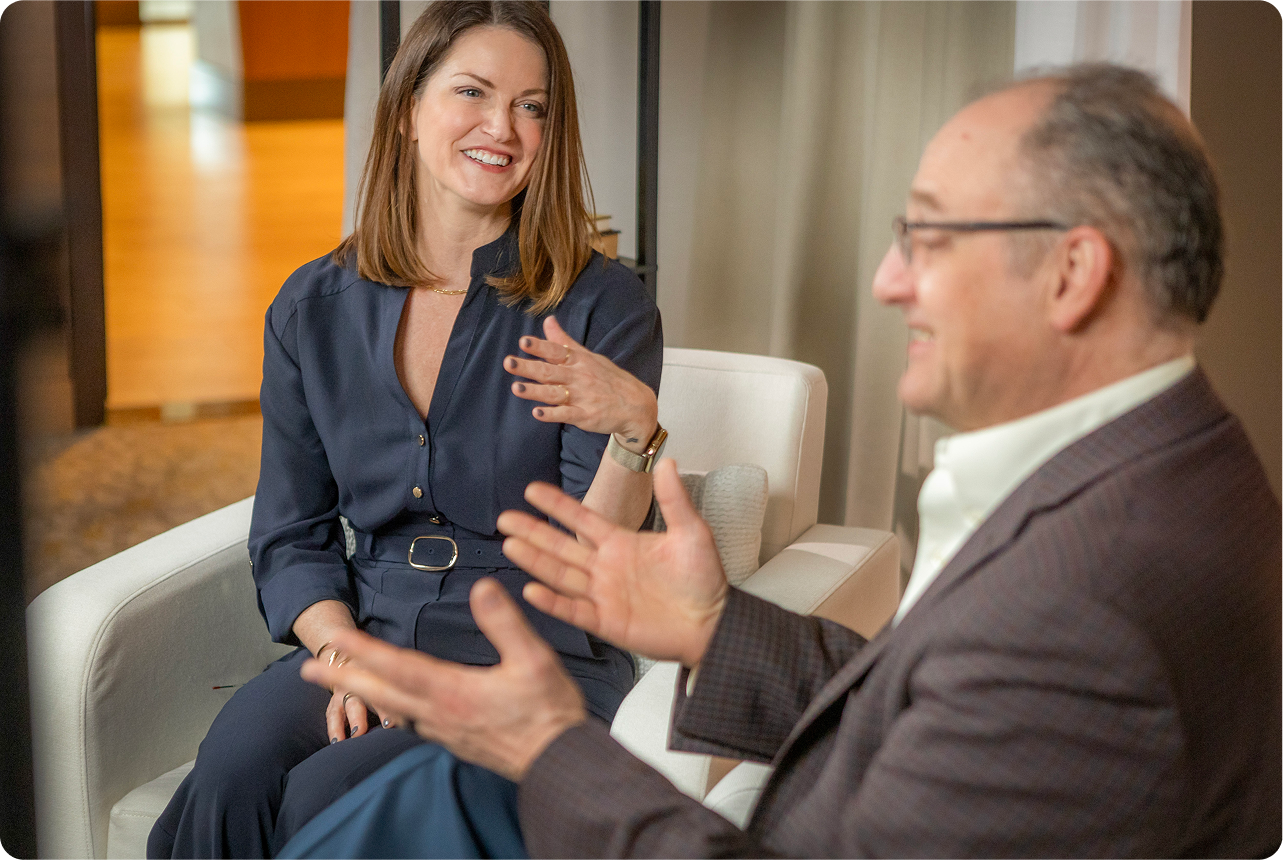Interview Recorded on March 22, 2025
The Journey from Rural Roots to Public Health Leadership
Dr. Elizabeth Salisbury-Afshar's path to becoming a leader in addiction medicine began with her rural upbringing, where she witnessed firsthand how social determinants impact health outcomes. After completing her medical education at Rush and recognizing the stark contrasts between extreme poverty and wealth in Chicago, she was drawn to advocacy work.
Initially planning to specialize in HIV medicine, Dr. Salisbury-Afshar found herself redirected toward addiction treatment around 2010, while in public health residency, when overdose rates were rising dramatically. Despite having no formal addiction medicine training at first, she embraced the challenge of serving as medical director of Behavioral Health System Baltimore, learning from mentors while identifying a critical gap: evidence-based services existed but remained inaccessible to those who needed them most.
Creating Solutions Where Systems Fail
In Madison, Wisconsin, Dr. Salisbury-Afshar and her team developed an innovative walk-in clinic model specifically designed for people who use substances. This low-barrier approach offers:
1- Same-day access to medications for addiction treatment
2- Hepatitis C treatment
3- STI testing and treatment
4- Wound care for injection-related injuries
5- Comprehensive support through a team including peer specialists, social workers, and clinicians
The clinic embodies a core philosophy: "If you are a person who uses substances, you are welcome here, always." This approach acknowledges that traditional healthcare models with strict appointment requirements often fail to meet the needs of people without consistent phone access or stable housing.
Challenging Institutional Barriers
Throughout the interview, Dr. Salisbury-Afshar highlights how institutional silos create unnecessary barriers to care. For example, addiction treatment providers may be prevented from offering hepatitis C treatment despite being ideally positioned to do so, forcing patients to navigate multiple systems unnecessarily.
She also addresses the sustainability challenges of grant-funded programs, emphasizing the importance of planning for long-term viability from the outset while acknowledging the particular difficulty of maintaining services for uninsured patients.
The Power of Mentorship and Community
Dr. Salisbury-Afshar credits much of her success to both formal and informal mentors throughout her career—from family medicine physicians modeling community engagement to harm reduction advocates pushing boundaries of what seemed possible.
For those struggling with substance use disorders or supporting loved ones, she offers a message of hope and patience: recovery looks different for everyone, and transformative moments often come through community connections, housing stability, family reconciliation, or meaningful employment rather than clinical interventions alone.
By questioning established systems and creating innovative models that truly meet people where they are, Dr. Salisbury-Afshar demonstrates how healthcare providers can help bridge the gap between evidence-based treatments and the people who need them most.
















